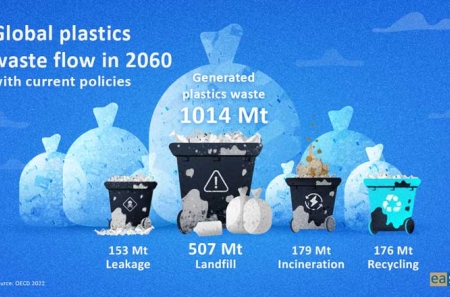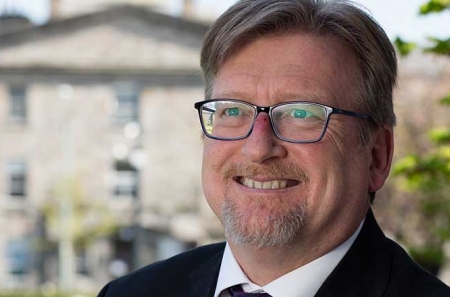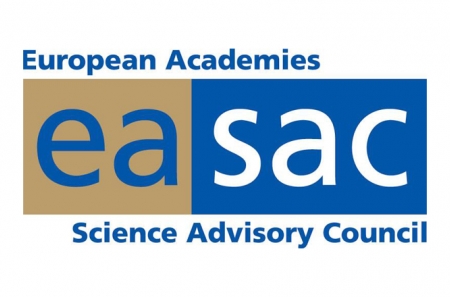
ALLEA presents recommendations for sustainable data sharing in the humanities
19 February 2020This report provides key recommendations to make digital data in the humanities “Findable, Accessible, Interoperable and Reusable”
In a digital world, the abundance of data offers new opportunities for all research fields, including the humanities, where the digitisation of texts, images, sounds, video recordings and other data types can significantly contribute to advancing research, while also transforming methodologies and scholarly communications. But data requires management, and data management requires common guidelines for good implementation. In recent years, the FAIR Principles have been widely adopted as best practice in data management for research and other professional fields. For instance, they are quickly gaining ground in galleries, libraries, archives, and museums, whose data collections hold crucial resources for scholars in the humanities. Addressing these developments, this ALLEA report entitled “Sustainable and FAIR Data Sharing in the Humanities” helps translate these principles into practice. It proposes technical, legal and ethical considerations to construct, store, present, disseminate and publish data in such a way that they can be retrieved, accessed, reused, and interoperable.
“To exploit the true potential of humanities scholarship, and to share and combine data across disciplines to address big challenges, we need an awareness and common understanding of the FAIR principles and the nuances of their implementation. It is clear from ongoing discussions in scholarly communication and through the development and rapid proliferation of the Open Science paradigm that the FAIR principles are having a sustained impact on research practice. To support scholars and institutions aiming to produce FAIR data, this report combines practical advice on how to align with the principles, with a focus on practical guidance from a humanities perspective. We hope they prove useful in the collective effort to move towards more a more open research landscape,” states Dr. Natalie Harrower, Chair of the ALLEA E-Humanities Working Group.
Following the data management lifecycle, the report is structured in five stages: (1) identify, (2) plan, (3) collect/produce, structure & store, (4) deposit for preservation, cite & share, and (5) disseminate. For each phase, a set of practical recommendations and further reading are presented. The authors consider the differences among data sharing cultures across disciplines in the humanities but also encourage pathways towards interdisciplinary data practices.
The publication was prepared by the ALLEA E-Humanities Working Group and builds upon the most recent developments in the FAIR and EU research policy landscape. A public consultation to seek feedback from researchers and practitioners was launched at ALLEA’s General Assembly, the annual meeting of European Academies, in May 2019. The working group received more than 200 suggestions, which were carefully considered and incorporated.
About the ALLEA Working Group E-Humanities
The Working Group E-Humanities is charged with identifying and raising awareness for priorities and concerns of the Digital Humanities, contributing to the Open Science and Open Access agenda from a Humanities and Social Sciences perspective, and building consensus for common standards and best practices in E-Humanities scholarship and digitisation. Read more
About ALLEA
ALLEA is the European Federation of Academies of Sciences and Humanities, representing more than 50 academies from over 40 EU and non-EU countries. Since its foundation in 1994, ALLEA speaks out on behalf of its members on the European and international stages, promotes science as a global public good, and facilitates scientific collaboration across borders and disciplines. Read more



